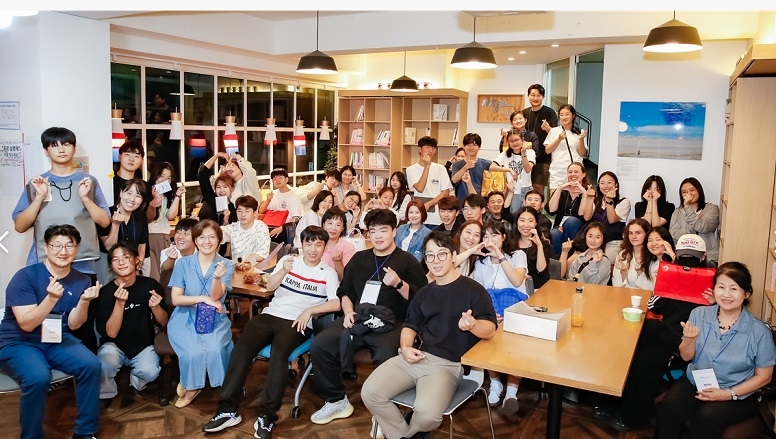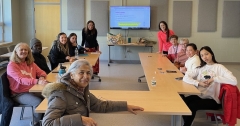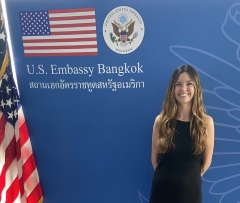Redesigned Online TESOL Degree Expands Access for Working Professionals Worldwide
| by Sierra Abukins
The 30-credit degree can be completed in 20 months and allows students to continue working from anywhere in the world while they complete their degree.




